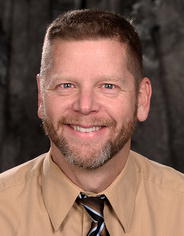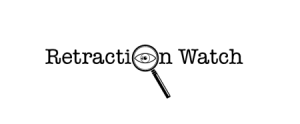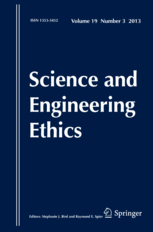 In many fields, first authors on scientific papers represent the person who’s performed the bulk of the research. Sometimes, that determination can be difficult to make, so we’ve seen many papers that list multiple first authors, noting that each contributed equally to the work. But is it possible — or ethical — to claim six authors all deserve top billing on a paper?
In many fields, first authors on scientific papers represent the person who’s performed the bulk of the research. Sometimes, that determination can be difficult to make, so we’ve seen many papers that list multiple first authors, noting that each contributed equally to the work. But is it possible — or ethical — to claim six authors all deserve top billing on a paper?
In a recent letter in Science and Engineering Ethics, Govindasamy Agoramoorthy — at Sengamala Thayaar Educational Trust Women’s College in India and Tajen University in Taiwan — flags a 2014 paper in The Plant Journal that lists six first authors, noting all “contributed equally to this work.”
As Agoramoorthy notes in “Multiple First Authors as Equal Contributors: Is It Ethical?“: Continue reading Is it possible (or ethical) to have six first authors on a scientific paper?
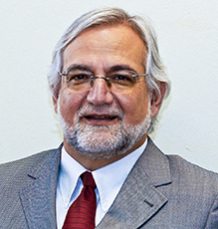
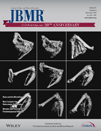 A bone researcher based in Japan
A bone researcher based in Japan 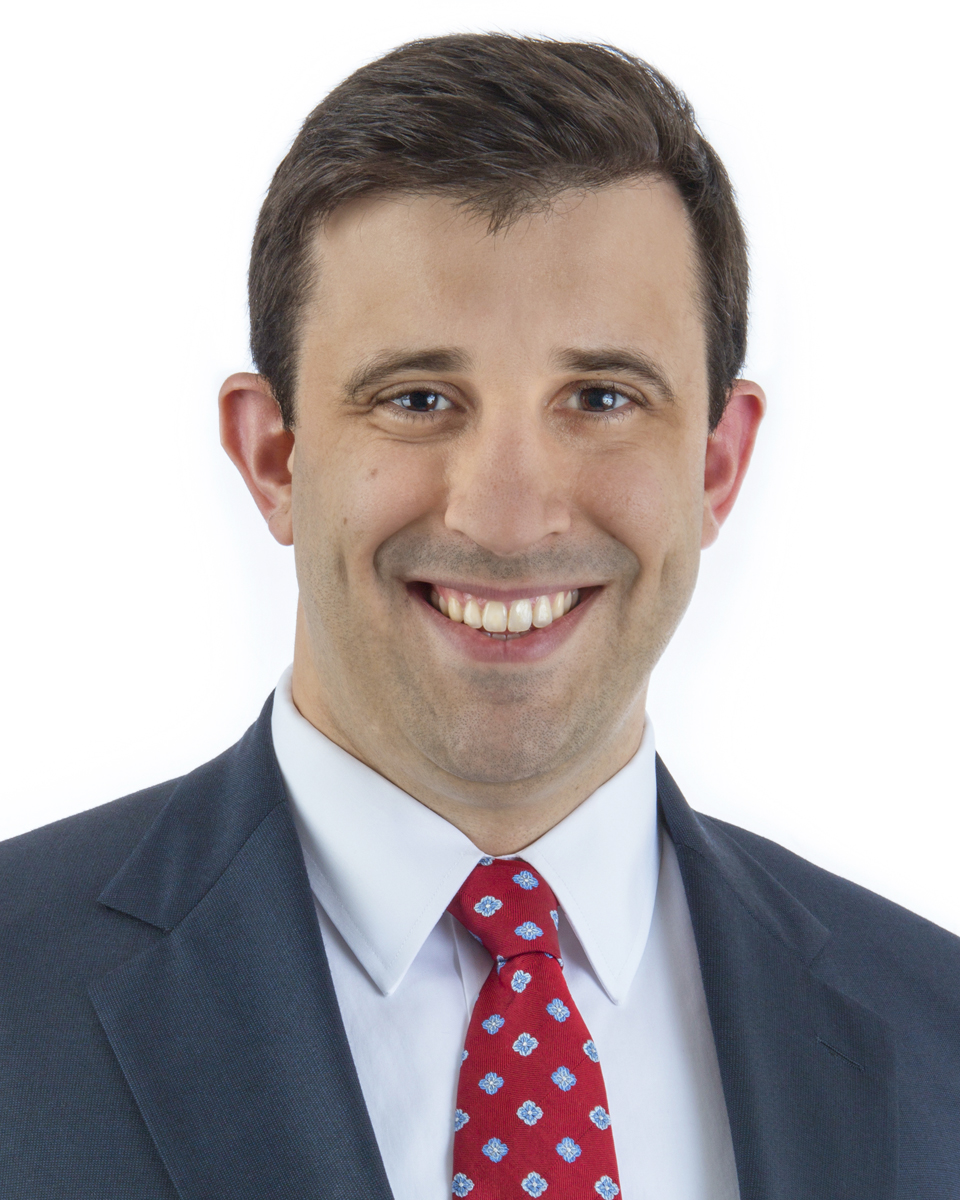

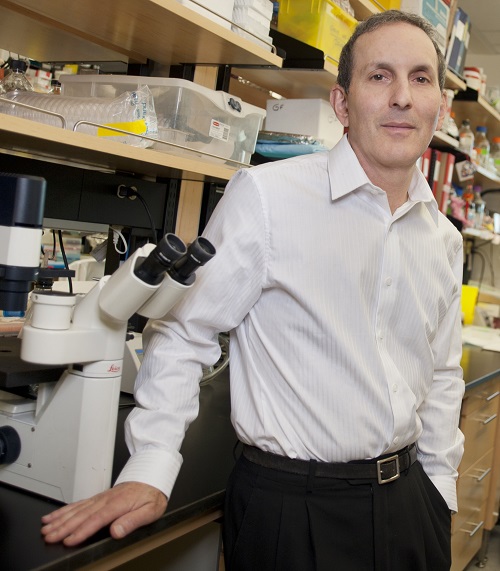

 A Copenhagen court has
A Copenhagen court has 